Juneteenth
“Then, thenceforward, and forever free”
These words, issued on January 1, 1863 in the Emancipation Proclamation, were finally heard by the enslaved people in Texas on June 19, 1865. Join the Harvard community in celebrating and exploring the history of Juneteenth.

Juneteenth history lesson
Juneteenth marks the day when federal troops arrived in Galveston, Texas—two and a half years after the end of the Civil War—to emancipate people who were still living in bondage.
What is it?
Henry Louis Gates, Jr. explains the enduring legacy and expanding reach of Juneteenth.
What does it mean?
Jarvis Givens describes the history and significance of Juneteenth, and speculates on whether its celebratory promise can be fulfilled.
Why is it important?
Khalil Gibran Muhammad discusses the role of celebrations like Juneteenth and explores the broader need for historical reckoning.
Primary sources
These emancipation documents are just a small part of Houghton Library’s digital collection “Slavery, Abolition, Emancipation, and Freedom.”
A jubilee fundraiser for formerly enslaved people
Boston threw a grand jubilee concert on January 1, 1863, in honor of the day the emancipation proclamation freed enslaved people. The proceeds from ticket sales went to benefit freed people.
The Emancipation Proclamation
The first and only contemporary printing of the Emancipation Proclamation in book form. Issued by Boston industrialist and abolitionist John Murray Forbes for distribution by Union troops.
In commemoration of emancipation in Maryland
Northern cities like Philadelphia announced emancipation in nearby states—this 1864 print shows an announcement of emancipation in nearby Maryland.
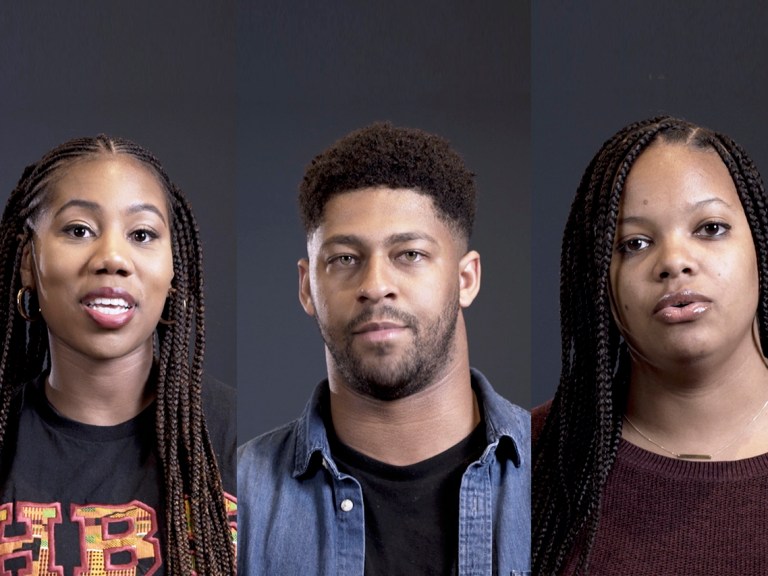
Celebrating, learning, and reflecting
Students at Harvard Business School reflected on what Juneteenth means to them and what we can all do to honor the day, acknowledge our country’s past, and continue to advance racial equity.
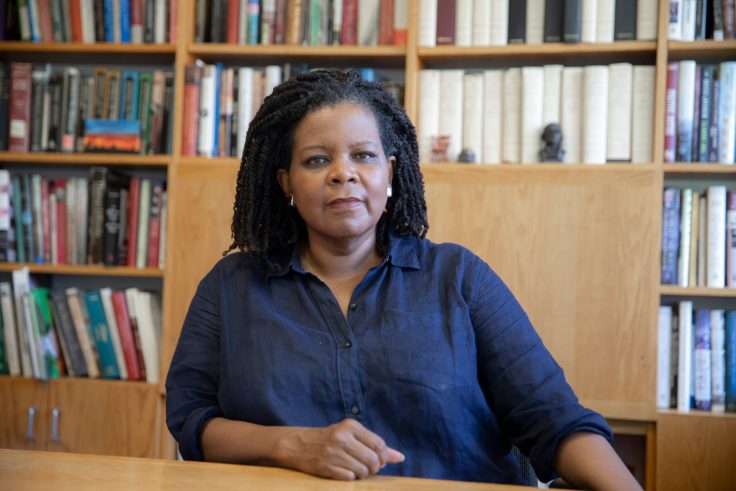
Honoring Juneteenth
Annette Gordon-Reed details how the Texas community honored the Juneteenth anniversary and what we gain from celebrating it as a nation.
Honoring JuneteenthHolistic view
Harvard Division of Continuing Education hosted a Juneteenth panel with experts on race, history, and anthropology.
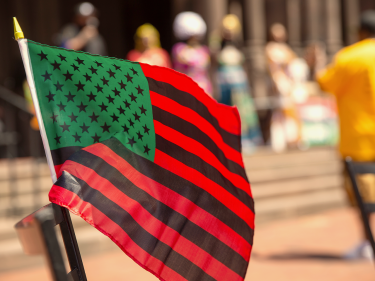
Personal history
Opal Lee discussed her journey to establish Juneteenth as a national holiday.
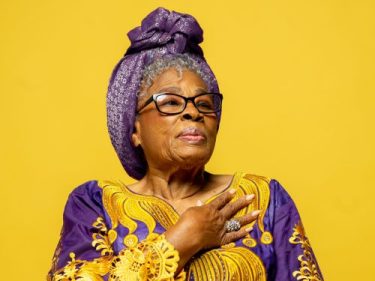
Artistic angle
At the Harvard Art Museums, these works by and of Black individuals celebrate the diversity of the American experience.
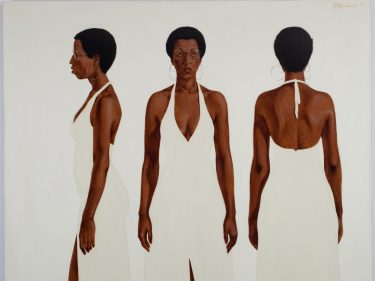
Organizational opportunity
The Harvard Business Review explored how organizations can make Juneteenth a DEI-enhancing experience.
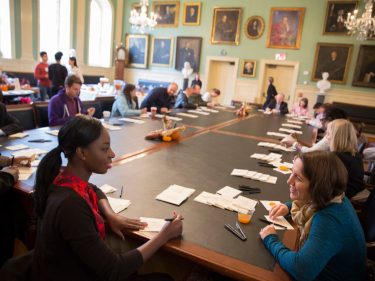
YOU MAY ALSO LIKE



